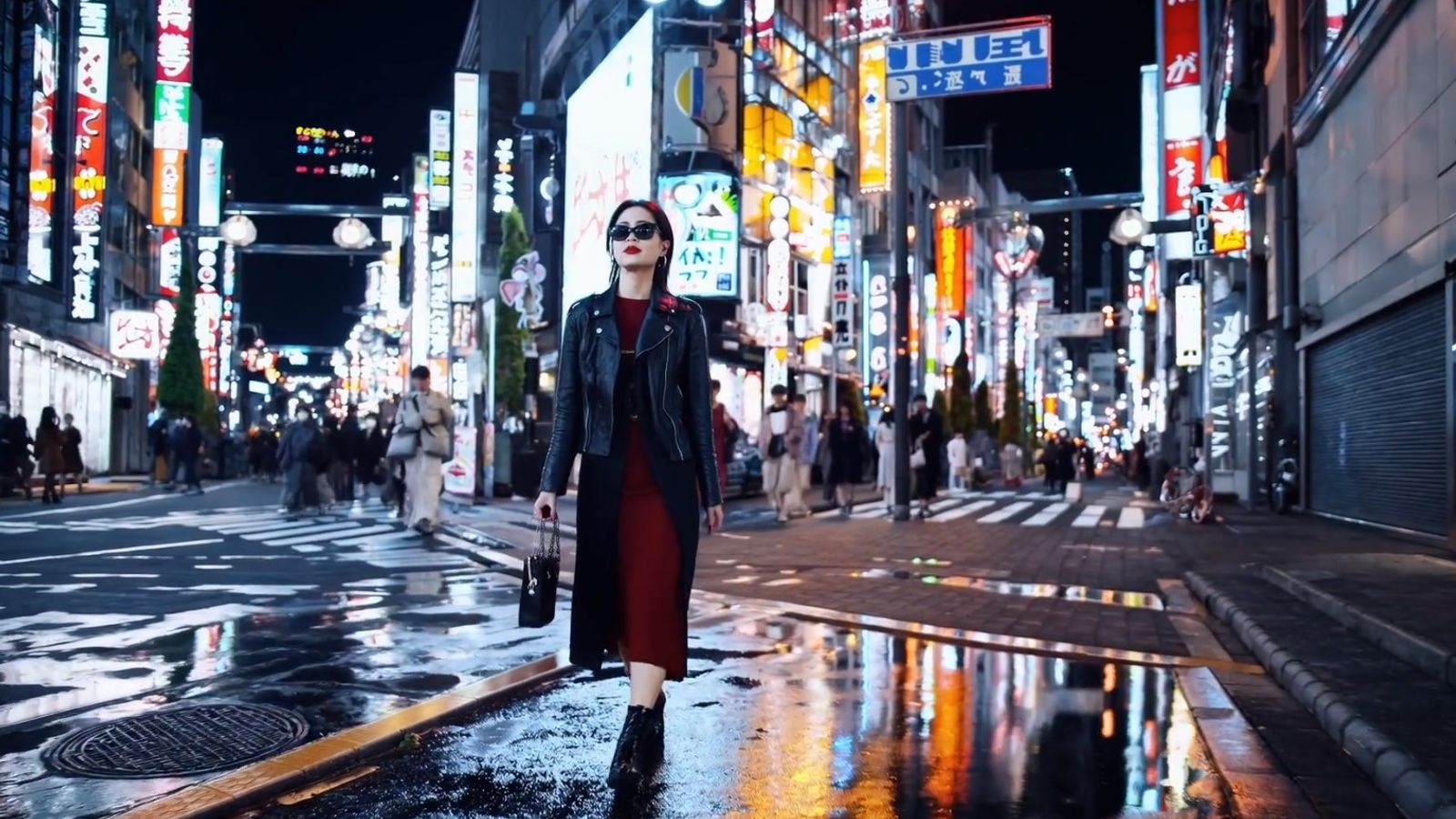OpenAI Unveils Sora: AI Video Creation Tool from Text
Core Concepts
OpenAI introduces Sora, an AI tool that creates videos from text, showcasing advancements in artificial intelligence capabilities.
Abstract
OpenAI has revealed Sora, a new tool that generates videos from text prompts. Named after the Japanese word for "sky," Sora can interpret objects in the physical world and create compelling characters with vibrant emotions. Despite its innovative features, concerns have been raised regarding privacy, copyright issues, and potential misuse of the technology. OpenAI is engaging with experts to ensure safety before releasing the tool publicly.
Customize Summary
Rewrite with AI
Generate Citations
Translate Source
To Another Language
Generate MindMap
from source content
Visit Source
news.sky.com
OpenAI gives first look at Sora, an AI tool which creates video from just a line of text
Stats
OpenAI shared a first glimpse at a new tool that instantly generates videos from just a line of text.
The company behind ChatGPT said that Sora's model understands how objects "exist in the physical world," and can "accurately interpret props and generate compelling characters that express vibrant emotions".
One clip highlighted a photorealistic woman walking down a rainy Tokyo street.
Another prompt showed several giant woolly mammoths approaching through a snowy meadow.
A Dalmatian walking along window sills in Burano, Italy was also featured in an AI-generated video.
Quotes
"We need to discuss the risks of this AI model." - Rachel Tobac
"You simply cannot argue that these models don't or won't compete with the content they're trained on." - Ed Newton-Rex
"We believe that learning from real-world use is a critical component of creating and releasing increasingly safe AI systems over time." - OpenAI
Key Insights Distilled From
by Sky Uk Limit... at news.sky.com 02-26-2024
https://news.sky.com/story/openai-gives-first-look-at-sora-an-ai-tool-which-creates-video-from-just-a-line-of-text-13072868
Deeper Inquiries
How can we balance innovation with ethical considerations when developing advanced AI technologies?
In balancing innovation with ethical considerations in the development of advanced AI technologies like Sora, it is crucial to prioritize transparency, accountability, and inclusivity. Firstly, developers should ensure that there is clear communication about how the technology works and its potential implications. This includes disclosing the data sources used for training the AI models and being transparent about any biases present in the system.
Secondly, implementing robust ethical guidelines and standards during the design phase can help mitigate risks associated with misuse. Ethical frameworks such as fairness, accountability, transparency, and privacy (FAT/ML) should be integrated into every stage of development to promote responsible AI deployment.
Moreover, fostering collaboration between technologists, policymakers, ethicists, and other stakeholders can lead to more comprehensive discussions on potential impacts and solutions. By engaging in multi-stakeholder dialogues and incorporating diverse perspectives into decision-making processes, developers can better anticipate challenges and address them proactively.
Ultimately, a multidisciplinary approach that values both technological advancement and ethical considerations is essential for creating AI technologies like Sora that benefit society while upholding moral principles.
How can society adapt to the increasing influence of AI tools like Sora on creative industries?
As AI tools such as Sora continue to impact creative industries significantly by automating content creation processes traditionally done by humans,
society must adapt by embracing new opportunities while addressing challenges.
One way to navigate this shift is through upskilling initiatives that empower creatives to leverage AI tools effectively rather than view them as threats.
By providing training programs focused on understanding how these technologies work
and integrating them into existing workflows,
individuals in creative fields can enhance their skill sets
and remain competitive in an increasingly automated landscape.
Additionally,
establishing clear regulations around intellectual property rights
and copyright protection for content generated using AI tools will be crucial.
Ensuring that creators are fairly compensated for their work
while also acknowledging the role of algorithms in content production
is essential for maintaining a balanced ecosystem within creative industries.
Furthermore,
encouraging collaboration between human creators
and AI systems like Sora can lead to innovative outcomes that combine artistic vision with computational capabilities.
By fostering a culture of co-creation where humans guide machines towards desired outcomes,
society can harness the full potential of these technologies while preserving creativity
What measures should be put in place to prevent misuse of AI-generated content?
To prevent misuse of AI-generated content produced by tools like Sora,
several measures need implementation at various levels:
Regulatory Framework: Governments should establish clear regulations governing the use of synthetic media created by artificial intelligence.
These regulations could include guidelines on labeling generated content or restrictions on certain types of manipulations deemed harmful or deceptive.
Transparency Requirements: Developers must disclose when content has been generated or manipulated by an algorithm clearly.
This transparency helps viewers discern between authentic human-created material versus synthesized media
Digital Literacy Programs: Educating individuals about deepfakes
and other forms of synthetic media manipulation
can help reduce susceptibility
to misinformation spread through malicious use
ofAI-generatedcontent
Watermarking & Authentication Tools:
Implementing digital watermarking techniques or authentication mechanisms within platforms hosting user-generated content
can help verify authenticity
Collaboration Across Platforms:
Encouraging collaboration among tech companies social media platforms researchers law enforcement agencies
to develop strategies detecting combating misusesofAIgeneratedcontent
By combining regulatory oversight technical safeguards educational efforts collaborative approaches societies worldwide combattingmisuseofAIgeneratedcontentpromoteethicalresponsibledeploymentofsophisticatedtechnologies
0
